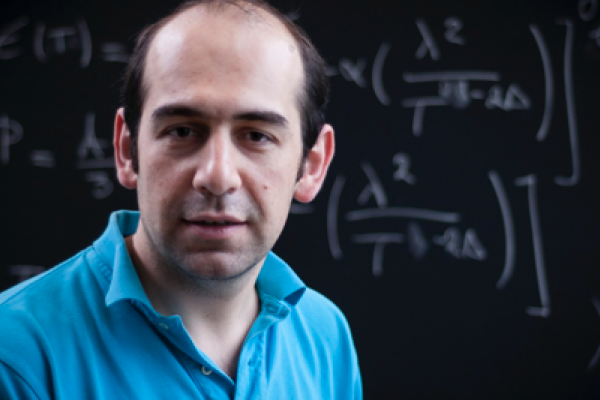
Tue, February 21, 2017
4:00 pm - 5:00 pm
1080 Physics Research Building - Smith Seminar Room - reception at 3:45pm in the Atrium
In classical General Relativity (GR), an observer falling into an astrophysical black hole is not expected to experience anything dramatic as she crosses the event horizon. However, tentative resolutions to problems in quantum gravity, such as the cosmological constant problem or the black hole information paradox, invoke significant departures from classicality in the vicinity of the horizon. I outline some of my favorite theoretical arguments for these departures (including those out of OSU). I will then present tentative observational evidence for near-horizon violations of GR which consists of cosmic acceleration, ultra high energy neutrinos, and echoes in gravitational waves from black hole mergers.
